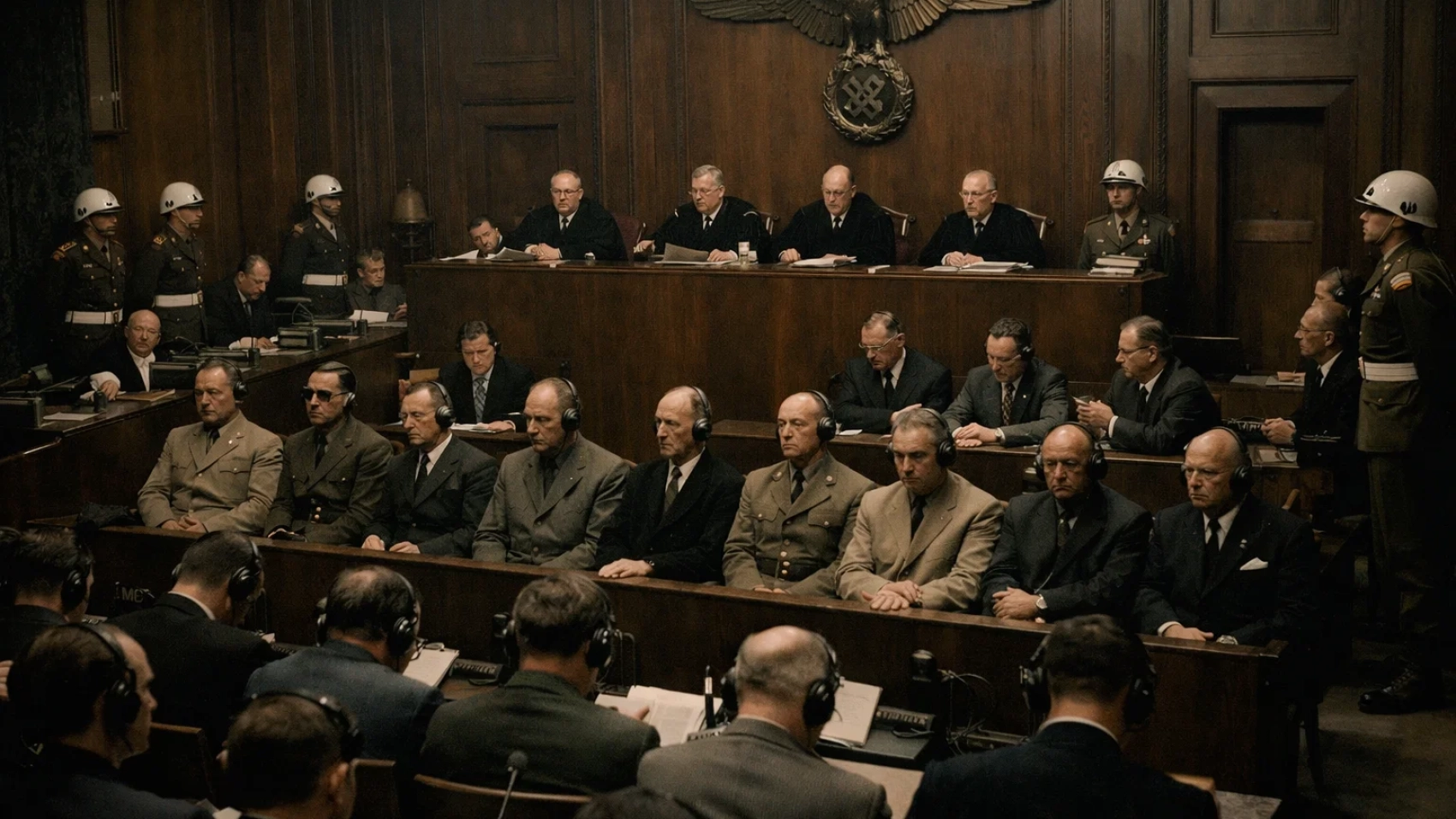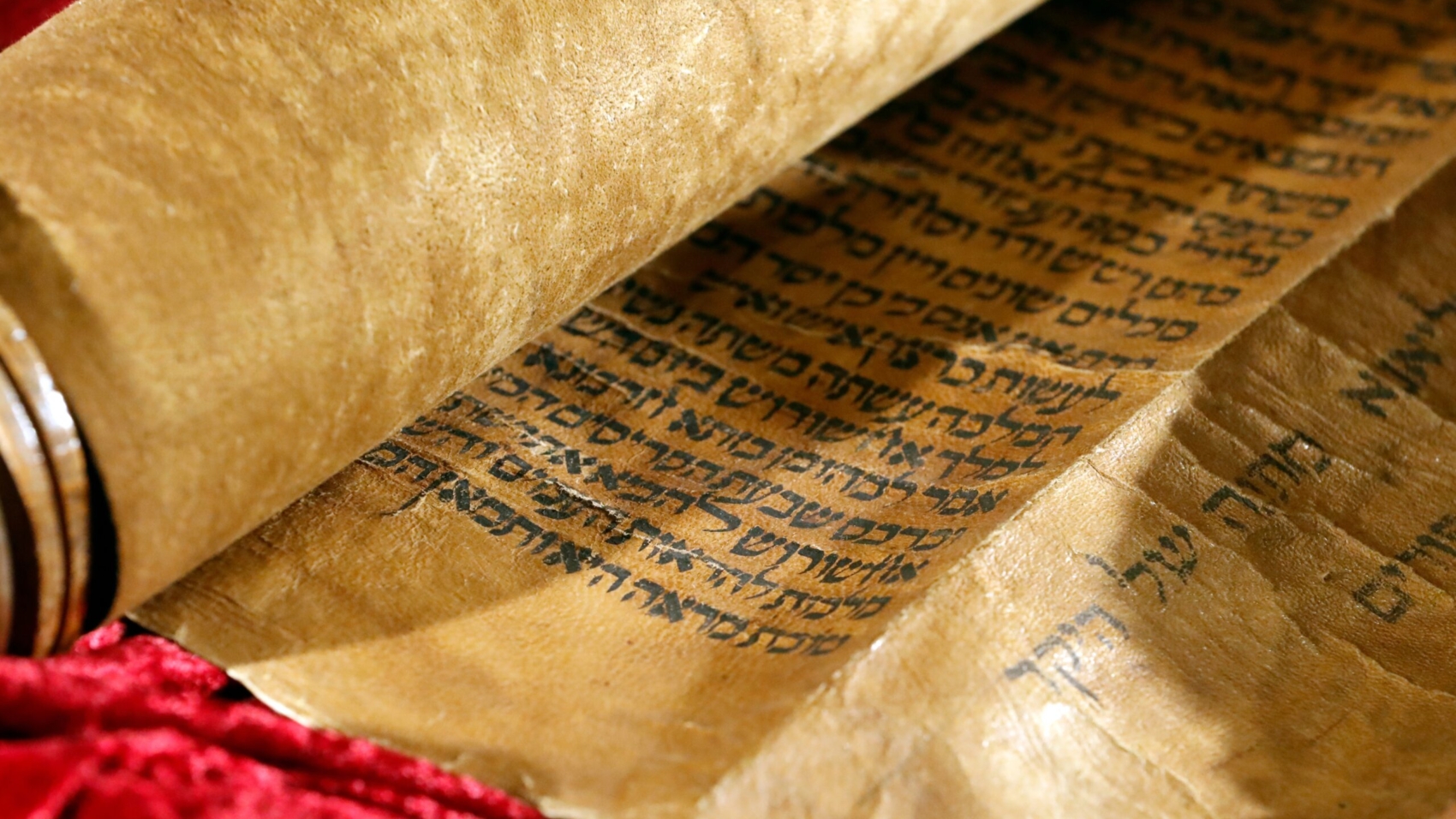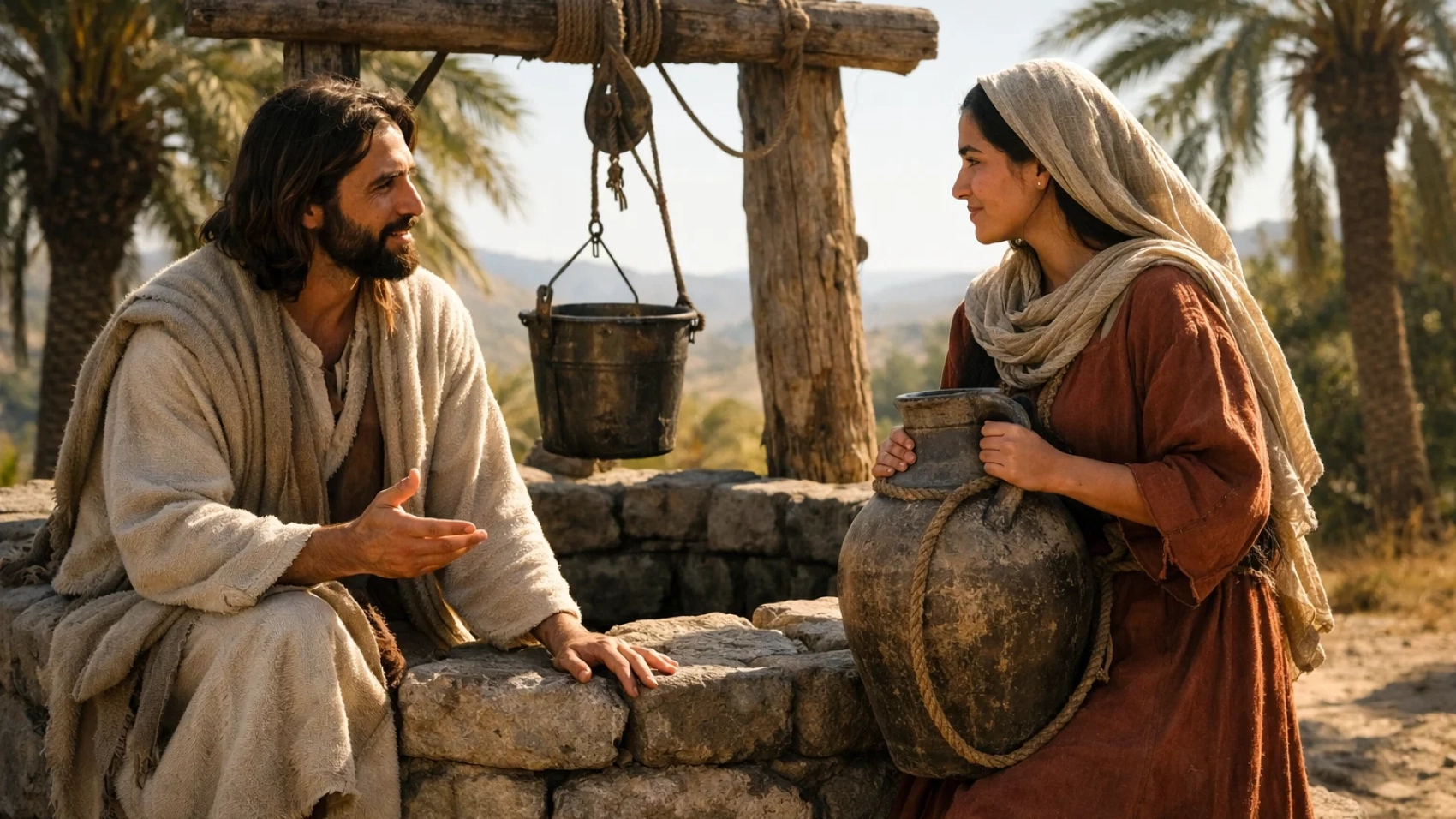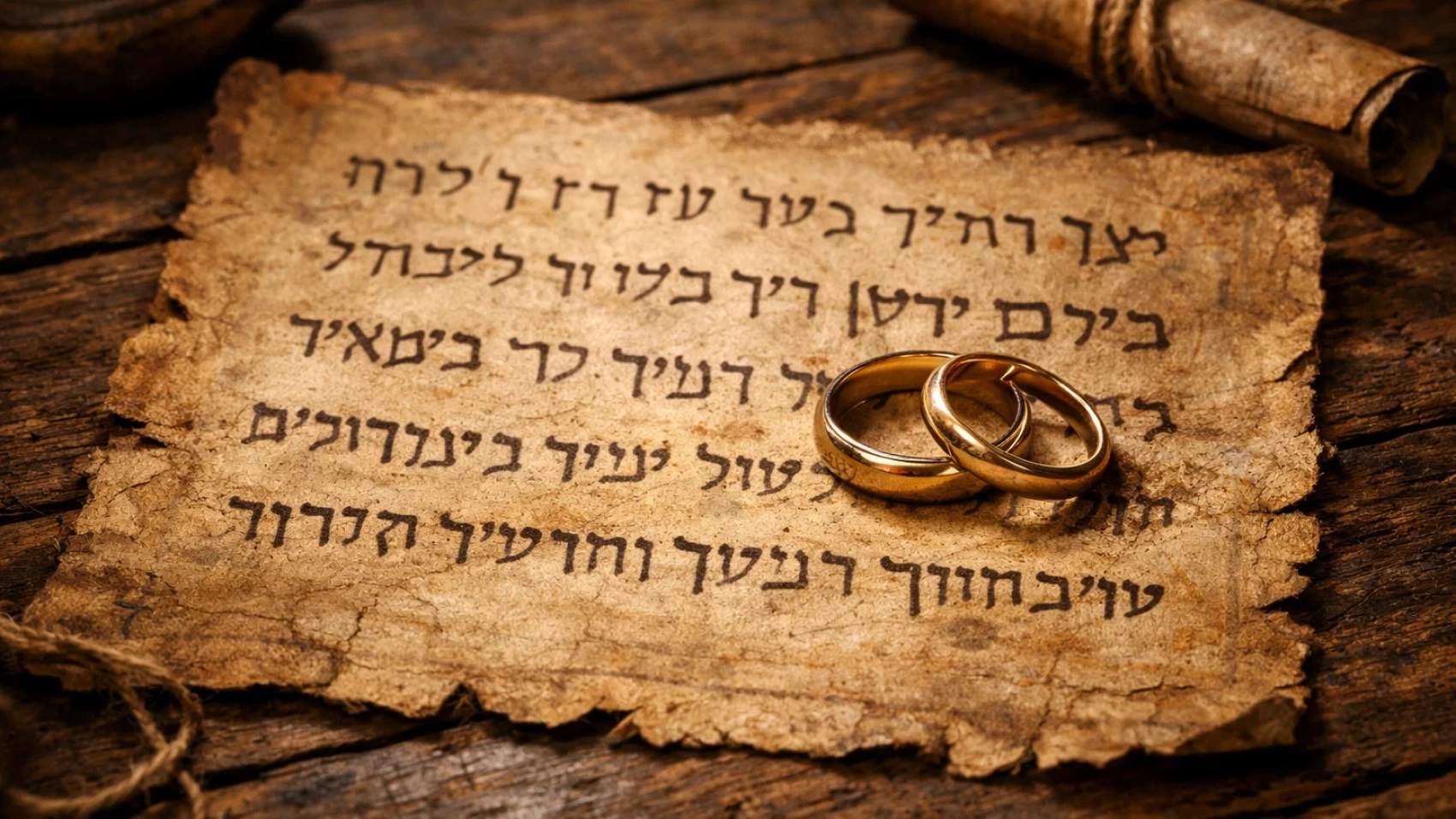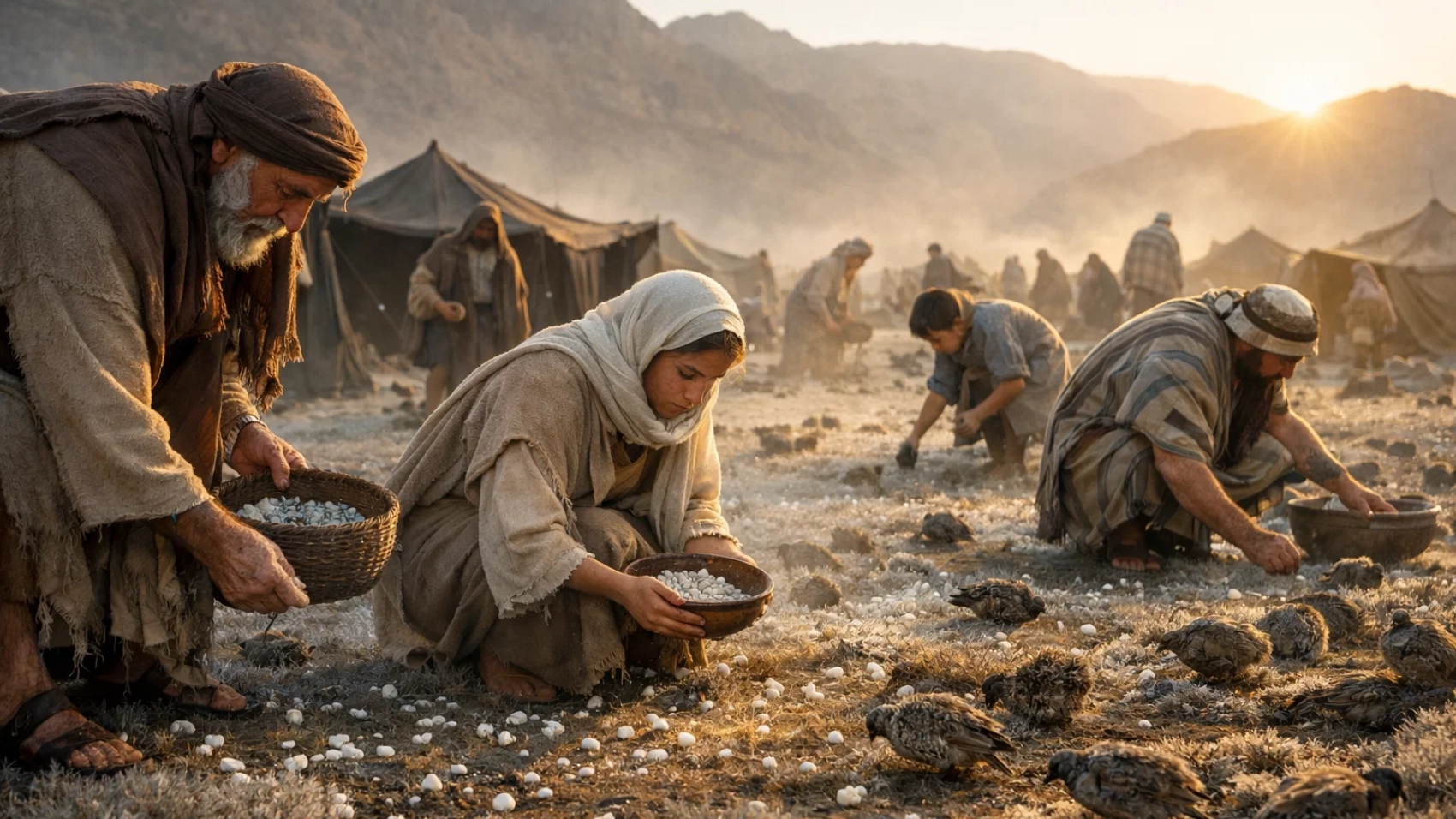Many people don’t want to have children. And those who do often don’t know what to do with them or how to raise them, so they end up in the hands of strangers or in the educational and social systems.
Who Divided the Torah Into Weekly Portions — and Why?
Many people don’t want to have children. And those who do often don’t know what to do with them or how to raise them, so they end up in the hands of strangers or in the educational and social systems.
From Eden to Today: Clothed with Purpose
Many people don’t want to have children. And those who do often don’t know what to do with them or how to raise them, so they end up in the hands of strangers or in the educational and social systems.
Yeshua as the Tabernacle
Many people don’t want to have children. And those who do often don’t know what to do with them or how to raise them, so they end up in the hands of strangers or in the educational and social systems.
The Great Wedding at Sinai
Many people don’t want to have children. And those who do often don’t know what to do with them or how to raise them, so they end up in the hands of strangers or in the educational and social systems.
Where is Yehováh’s Guidance Today?
Many people don’t want to have children. And those who do often don’t know what to do with them or how to raise them, so they end up in the hands of strangers or in the educational and social systems.
Divine Training: Lessons from the Desert
Many people don’t want to have children. And those who do often don’t know what to do with them or how to raise them, so they end up in the hands of strangers or in the educational and social systems.
Detoxing the Heart: Removing the Traces of Egypt
Many people don’t want to have children. And those who do often don’t know what to do with them or how to raise them, so they end up in the hands of strangers or in the educational and social systems.
The Pharaoh Syndrome: We Promise and We Fall Again
Many people don’t want to have children. And those who do often don’t know what to do with them or how to raise them, so they end up in the hands of strangers or in the educational and social systems.
Do You Live to Work Just to Keep Living…?
Many people don’t want to have children. And those who do often don’t know what to do with them or how to raise them, so they end up in the hands of strangers or in the educational and social systems.
